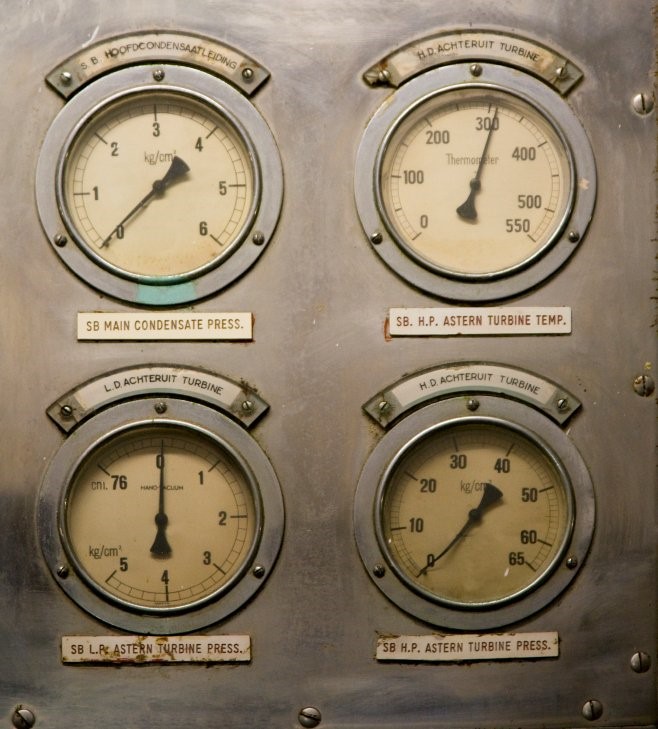Observation #10
 To meaningfully impact financial results, performance improvement needs to sustain. Performance improvement projects, by design, jump performance from one level to another. Unfortunately, it is very difficult to jump to a higher level of performance and stay there; there’s a powerful force that wants to return an operation to the old way of doing things.
To meaningfully impact financial results, performance improvement needs to sustain. Performance improvement projects, by design, jump performance from one level to another. Unfortunately, it is very difficult to jump to a higher level of performance and stay there; there’s a powerful force that wants to return an operation to the old way of doing things.
There is one fundamental reason for results not sustaining: the integrity of the management system breaks down.
Management systems give managers the tools to affect performance. It’s how they forecast work, plan it, resource it, execute it and report on it. It is the primary driver of the management behaviors that every organization wants: planning, communicating, problem solving and innovating.
Unfortunately, management systems can become disconnected quickly. Some of the most common problems include:
- Managers play games with budgets, because they know their first set of numbers will be rejected. Budgets are usually numbers-oriented and often don’t effectively account for the impact on key performance indicators (KPIs). The budget numbers are also often connected to management compensation, so they become the focus of management attention, rather than the underlying drivers that managers actually have to manage.
- Forecasts are inaccurate or not trusted, so managers of different functions develop their own versions.
- Planning standards become outdated. Last year’s “actuals” can become this year’s “plan,” effectively building in any problems that were experienced the previous year.
- Schedules get changed too frequently, which results in excessive work changeovers and imbalances.
- Performance feedback boards are not kept up to date, and reporting doesn’t tie back to planning.
Managing at a higher performance level is also simply more demanding. Managers sometimes stop doing the very things that moved them to the higher level of performance. Seemingly basic tasks like setting clear expectations, scheduling work by time, and following up on schedule attainment all require management-system integrity, and a genuine and ongoing diligence and commitment. People can tire of that kind of diligence, especially if the system tools are not trusted and it’s not reinforced from above.
How to keep management systems effective — and front-line managers energized and inspired — is ultimately the difficult task of senior management.